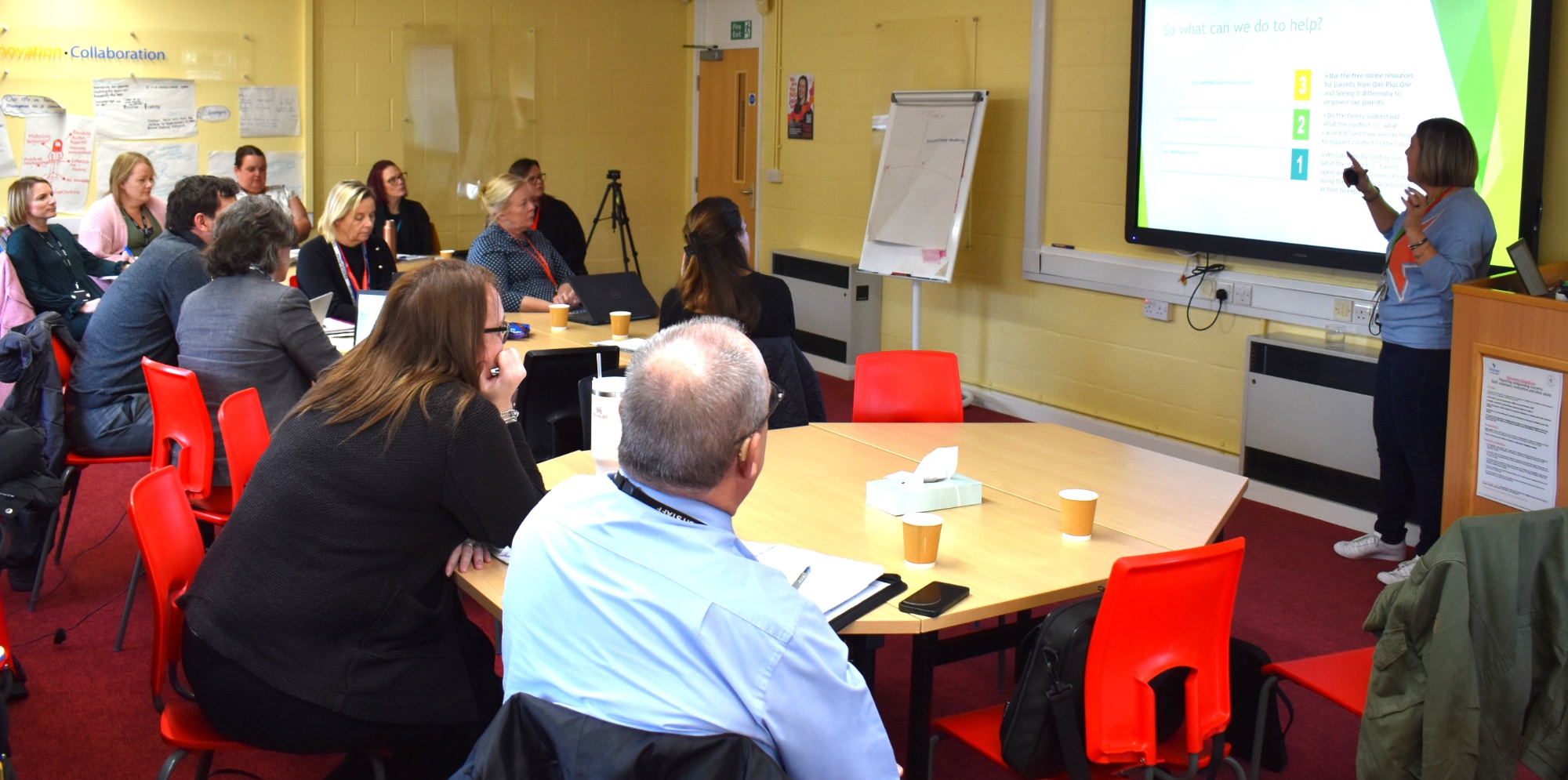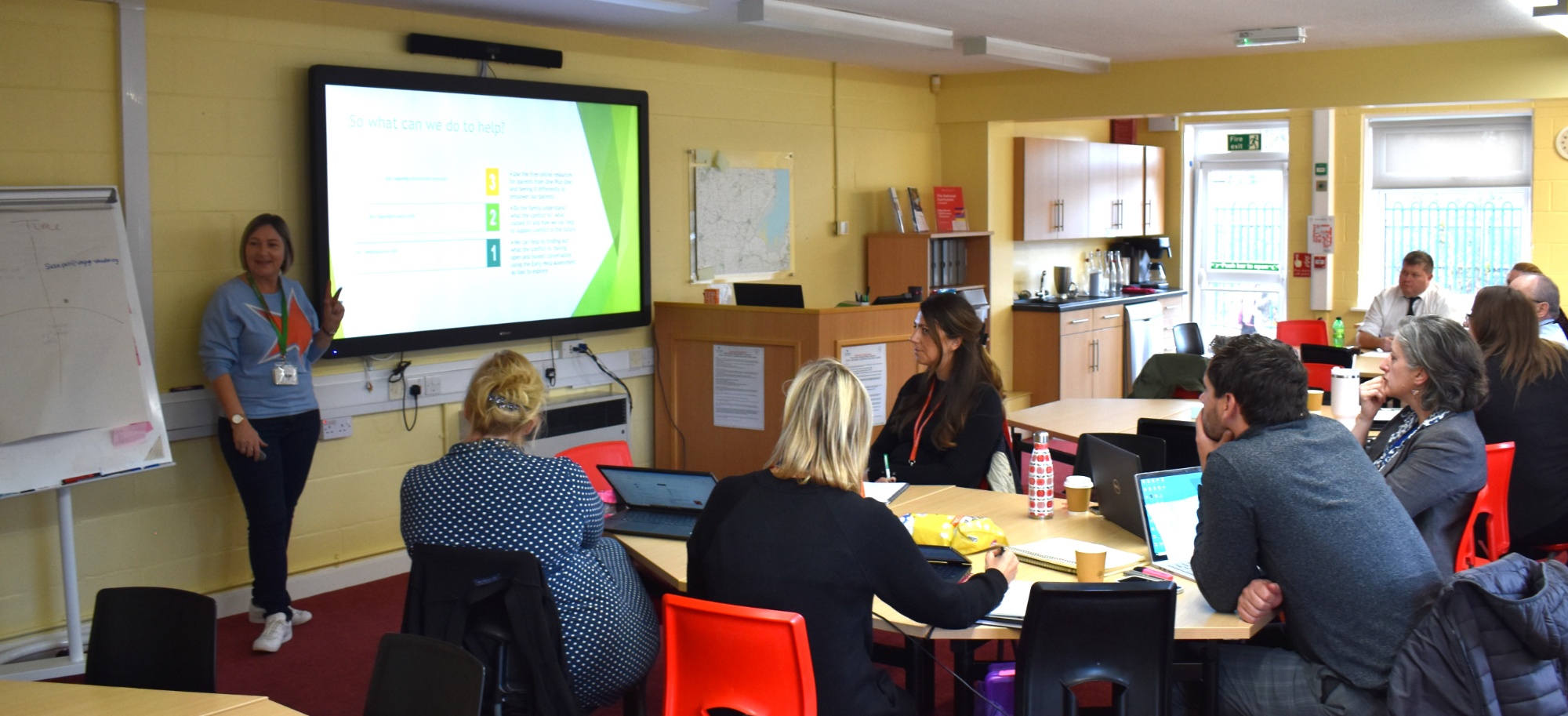Safeguarding Spotlight
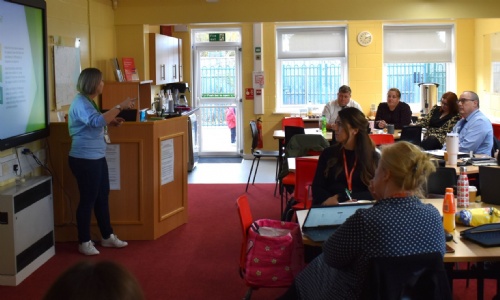
In this issue's Safeguarding Spotlight, Voyage Safeguarding Lead Dina Parla takes a look at our Designated Safeguarding Leads (DSLs).
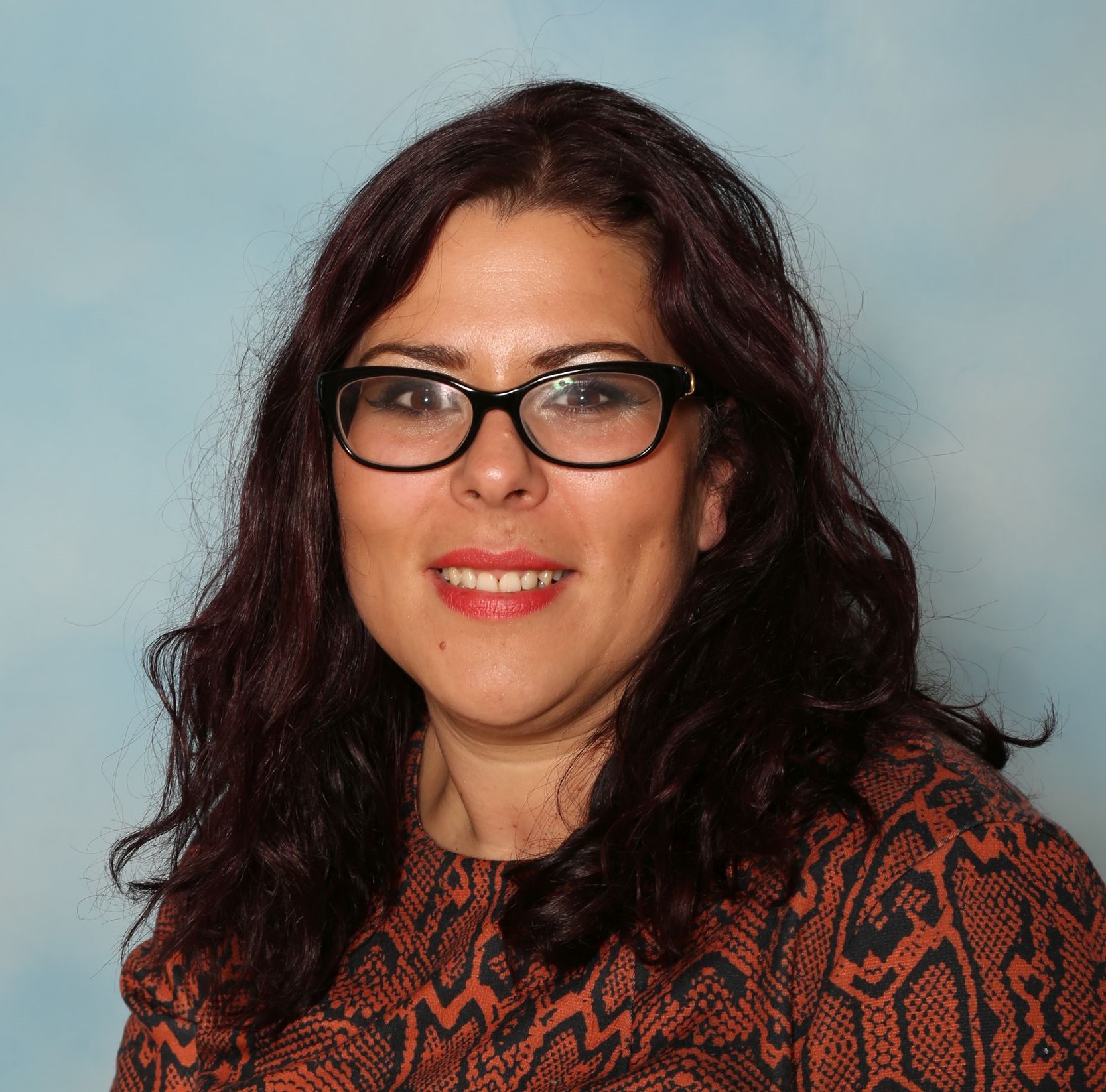 "Designated Safeguarding Lead (DSL) Networks are held each term. All DSLs and deputy DSLs from across the Trust are invited to attend and participate in the network, focusing on safeguarding priorities and emerging trends across Voyage - safeguarding knowledge transfer and supporting the consistency of putting policy into practice.
"Designated Safeguarding Lead (DSL) Networks are held each term. All DSLs and deputy DSLs from across the Trust are invited to attend and participate in the network, focusing on safeguarding priorities and emerging trends across Voyage - safeguarding knowledge transfer and supporting the consistency of putting policy into practice.
"The networks are exceptionally well-attended by the DSLs and DDSLs, and are an opportunity to network, share knowledge and key priority updates, as well as to continue to promote working together as a collective body, holistically, and to improve safeguarding practices and processes for our children, young people and their families.
"DSLs will filter down important key messages and safeguarding knowledge transfer to the individual academy staff, ensuring academy context is embedded, to enable an integrated and holistic whole school approach to child protection and safeguarding.
"This term at the DSL Network we were joined by Kathie Robson, Early Help Consultant at Lincolnshire Children's Services. Kathie delivered a workshop regarding Parental Conflict, and shared some resources and videos that can be accessed (please speak to your DSL about this)."
A Key Message From The Workshop 'Parental Conflict'
The difference between parental conflict and domestic abuse.
"Some level of arguing and conflict between parents is often a normal part of everyday life. However, there is strong evidence to show how inter-parental conflict that is frequent, intense and poorly resolved can have a significant negative impact on children’s mental health and long-term life chances.
"Parental conflict can mean many things and can often take the form of loud, angry arguments. One common feature of parental conflict is each person blaming the other for what is going on.
"Parental conflict is generally issue-focused. Damaging conflict between parents can be expressed in many ways, such as aggression, silence, lack of respect, and lack of resolution.
"One common feature of parental conflict is each person blaming the other for what is going on. Parental conflict is generally issue-focused and can be when parents live together or are separated.
Parental conflict is not domestic abuse."
Domestic Abuse
Indicators of domestic abuse can include fear, imbalance of power and controlling behaviour.
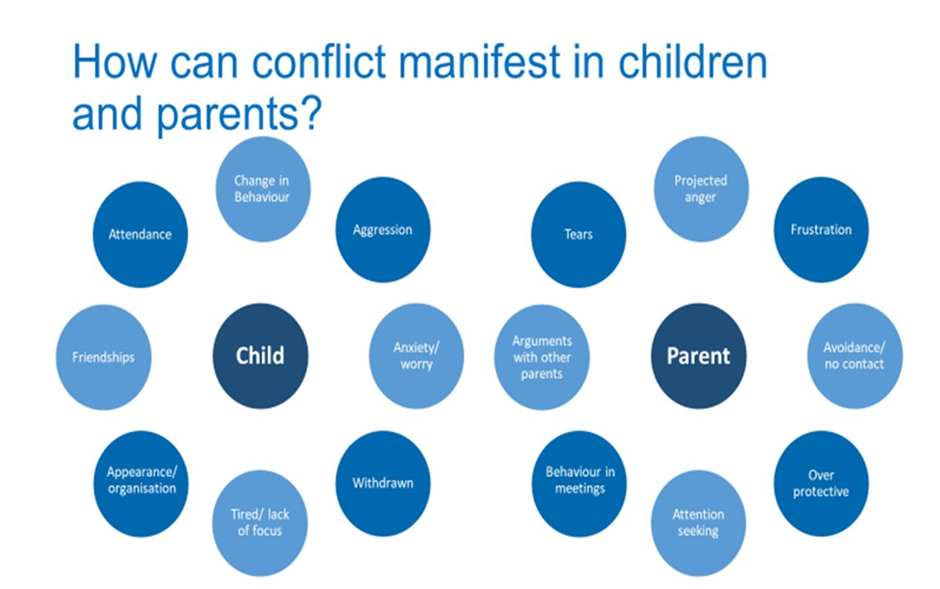
What to do if you are worried that a learner may be experiencing Parental Conflict
Ensure you follow the Welfare Pathway and inform your DSL. The DSL will then advise on appropriate next steps to ensure the child and family are supported in the right way, at the right time, and with the right people.

